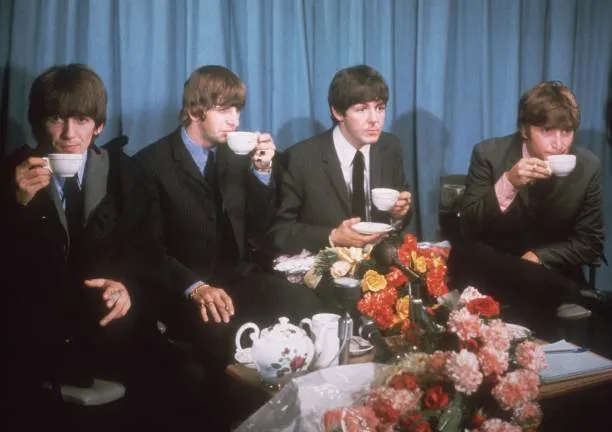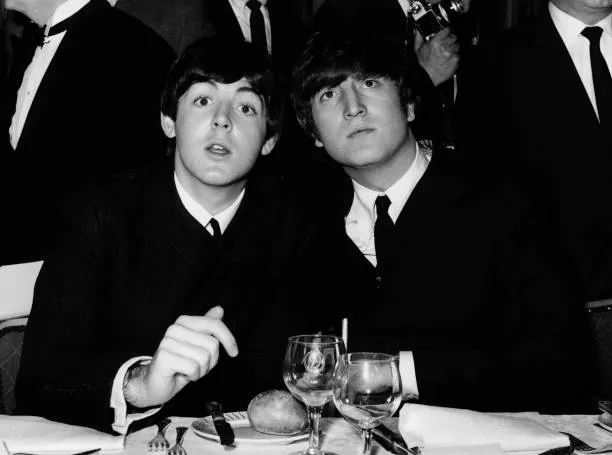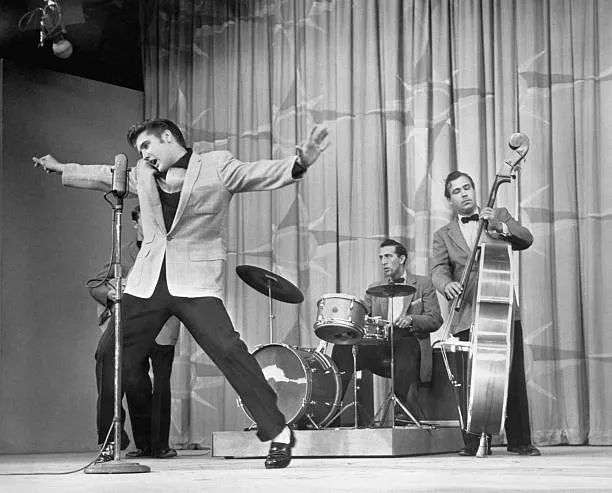Throughout the late 1960s and early 1970s, few rock singers were as immediately recognisable as Joe Cocker. Cocker had all the makings of a star: a distinctive voice, great songs, and a loyal following. But as a live performer, Cocker became a notorious figure. While increased showmanship had become commonplace in rock, nobody let the music flow through them quite like Cocker.

Through his unique and twitchy movements, Cocker attracted a strange sense of magnetism around him. The fact that it looked like he might be having a stroke at any given moment was just part of the appeal. After his appearance at the Woodstock Festival in 1969, millions of American fans got their first taste of the man who could be both Mad Dog and Englishman when the whim struck.
Cocker’s wildness onstage wasn’t always naturally fuelled. Starting in the early 1970s, Cocker began to drink heavily, often affecting his live performances. According to the November 1974 edition of Rolling Stone, Cocker was prone to throwing up on stage after his excessive alcohol consumption. While Cocker had always had a certain unhinged aspect to his performances, his vices were starting to make his live shows even more unpredictable.
By 1976, Cocker was heavily in debt and dependent on alcohol. However, an offer was extended to him from Saturday Night Live. The show didn’t want him for a traditional musical guest appearance, however. Across the first season of the show, John Belushi performed an impression of Cocker and his wild movements while singing.

Cocker was a good sport and appeared alongside Belushi to sing Cocker’s version of Traffic’s ‘Feelin’ Alright’. The duo were joined by the band Stuff, which was promoted by Cocker and Belushi wearing similar shirts bearing the band’s name. While Belushi went wild with his spastic movements, Cocker was relatively restrained for his usual self, playing an unexpected straight man to Belushi’s version of himself.
While Cocker had agreed to appear on the show, he was slightly taken aback by Belushi’s impression. Feeling insecure about his famous movements, Cocker was confronted with a comedic version of himself. Although he was in on the joke, Cocker would gradually tone down his own performances, now cognisant of pop culture’s view of him. As Cocker gradually aged, his movements became more restricted. Despite that, he kept his signature gravelly voice intact all the way up to his death in 2014.



